In Memoriam
Celebrated mathematician WILLIAM P. THURSTON, a Princeton faculty member from 1974 to 1991, died of cancer Aug. 21 in Rochester, N.Y. He was 65 and had been a member of the mathematics faculty at Cornell since 2003. Thurston, whose expertise was in geometry and topology, received the Fields Medal in 1982 for his work on manifolds, a generalization of surfaces. Known among his colleagues for his ability to visualize complex shapes and problems, Thurston may be best known for his Geometrization conjecture, in which he postulated that all possible three-dimensional spaces are made up of eight types of geometric pieces.
RICHARD BURGI, professor emeritus of Slavic languages and literatures, died July 26 in Athens at the age of 90. Burgi joined the faculty in 1962 and retired in 1992. He specialized in Russian and played a significant role in establishing modern Greek studies at the University. Richard Garner, honors-college dean at Adelphi University, said Burgi’s linguistic ability was “phenomenal. Greeks thought he was Greek, Russians thought he was Russian. His French, Italian, and German were impeccable.”
LELAND C. ALLEN, professor emeritus of chemistry who made lasting contributions to the field of theoretical and quantum chemistry, died of Alzheimer’s disease July 15 in Princeton. He was 85. Allen served on the faculty from 1960 to 2001, producing more than 400 scientific publications. He perhaps is best known for developing a uniform method for estimating the electronegativity (which he described as “the third dimension of the periodic table”) for chemical elements using universally available data. Allen was passionate about scientific progress, the value of education, and equal rights for women.
Former geology professor HEINRICH D. HOLLAND ’47, a pioneer in research on Earth’s geochemistry with a special focus on geochemical and biogeochemical cycles, died May 21 in Wynnewood, Pa. He was 84. Holland escaped from Nazi Germany, earned a bachelor’s degree in chemistry from Princeton, and while serving in the U.S. Army worked on postwar classified projects with Wernher von Braun. After 22 years on the Princeton faculty, Holland joined the Department of Earth and Planetary Sciences at Harvard University in 1972. Retiring from Harvard in 2006, Holland became a visiting scholar at the University of Pennsylvania.
GEORGE A. MILLER, professor of psychology emeritus and a pioneer in the study of language and cognition, died July 22 in Plainsboro, N.J. He was 92. Miller’s 1951 book, Language and Communication, helped establish the field of psycholinguistics, and his later work influenced the cognitive revolution in psychology. He joined the faculty in 1979, and with philosophy professor Gilbert Harman established the Cognitive Science Laboratory. Miller was awarded the National Medal of Science in 1991.
FRANCES FRANKEL, a longtime administrator for Princeton Hillel and the Center for Jewish Life, died July 16 in Princeton. She was 85. She assisted many students during their University years and stayed in touch with them as alumni. “Many generations of students are in her debt,” said Rabbi Edward Feld, former Hillel director.


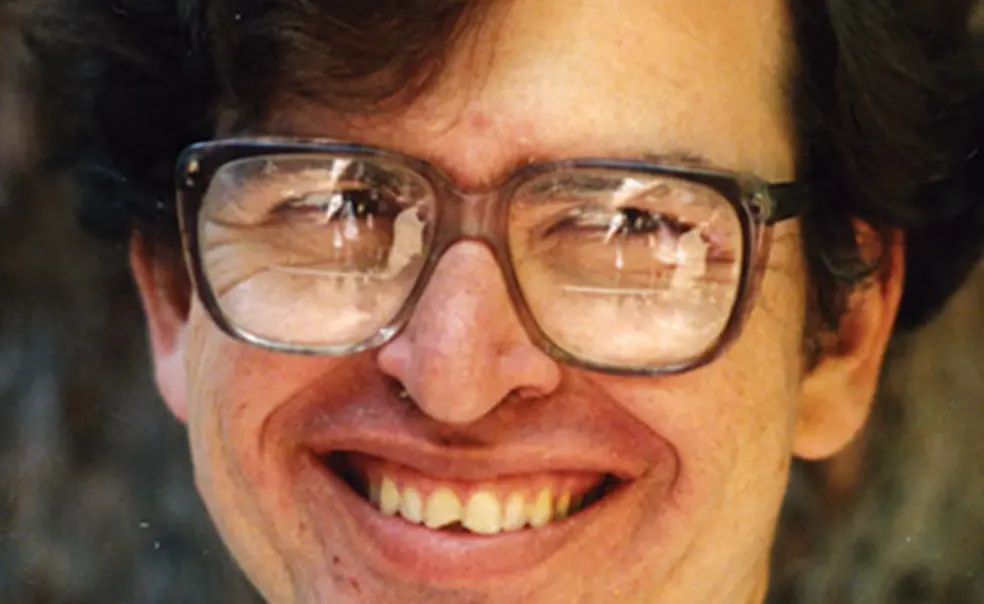
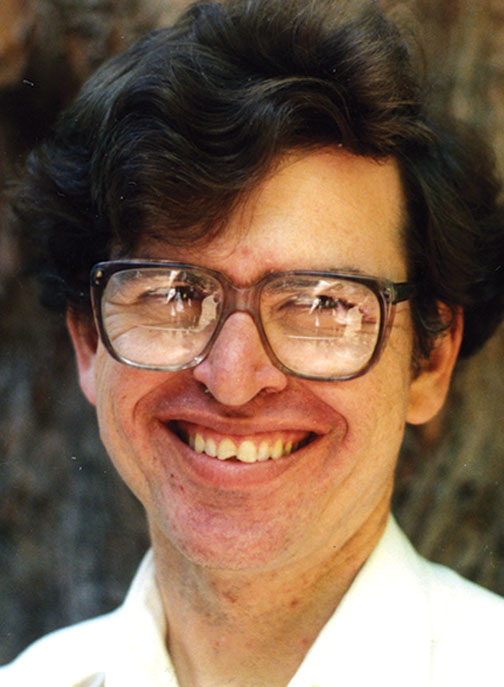
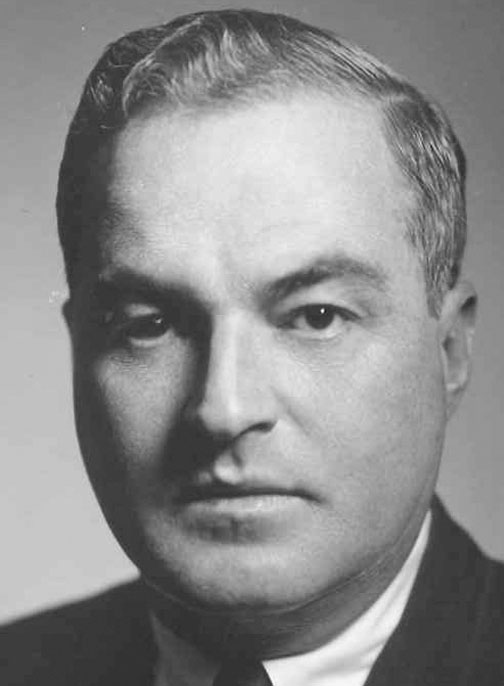
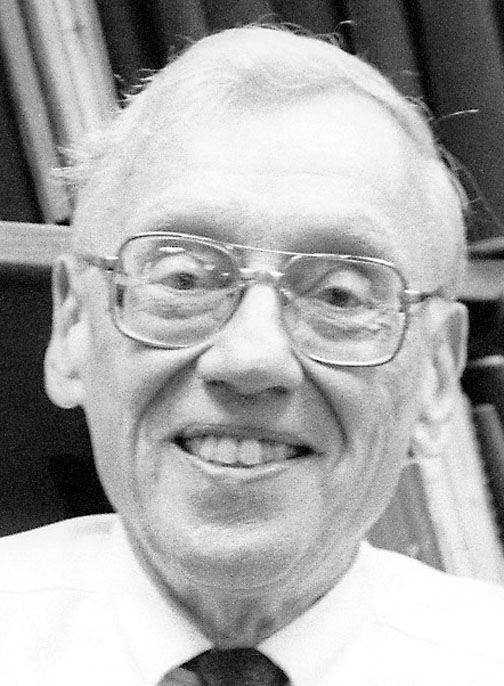
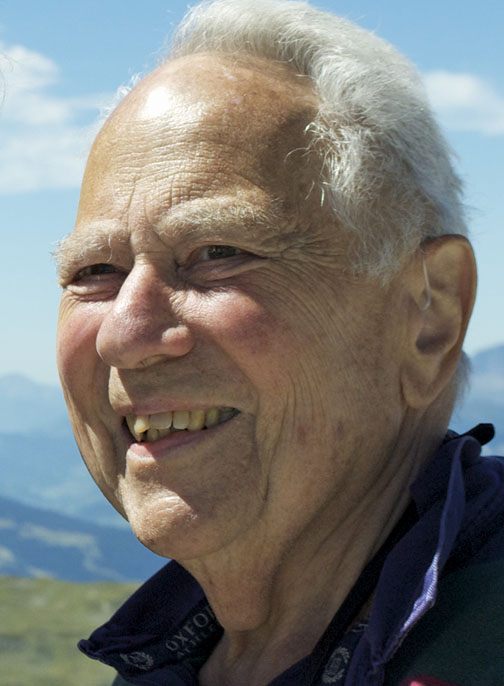
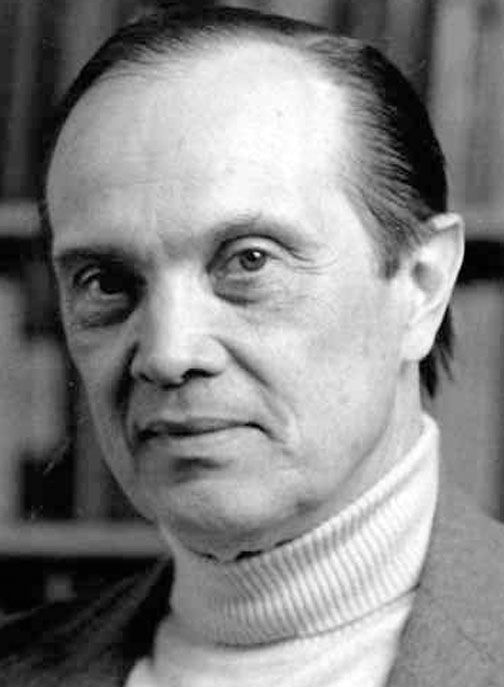
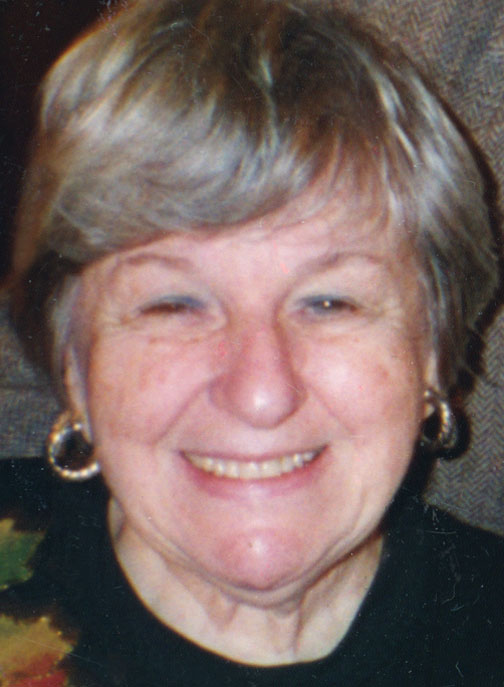









3 Responses
Bill Russell ’69
10 Years AgoRemembering Burgi
Princeton in the 1960s had its fair share of best-ever educational experiences. One of them was the Slavic languages department. A number of us were so blessed.
Richard Burgi was one of the department’s great teachers. He was the enthusiast’s enthusiast – dedicated, serious, energetic, humorous, and inspiring. He had many languages at his command and often would refer to them in explaining parts of Russian grammar. He would stride up and down the class, calling on students and requesting that they “give, please, a complete answer.” The classes were hard, time-consuming, and fun. It was a privilege to be able to participate in such earnest striving for excellence.
A few years ago, there was a mini reunion organized by classmates who had taken at least 2 ½ years of Russian. Although we were grateful and pleased that the other wonderful Russian teachers came, Mr. Burgi was unable to attend. I know that we all missed him – as we shall continue to do – while treasuring our memories of him and what he taught us.
Thanks to PAW for publishing the In Memoriam (Campus Notebook, Sept. 19), celebrating him and letting us know.
Larry Campbell ’70
10 Years AgoAn inspiring professor
I just returned from a remote camp working as an exploration geologist and learned of the death of Professor Heinrich Holland ’47 (Campus Notebook, Sept. 19). I would like to honor his memory with a tribute to his visionary genius and teaching skills.
I benefited immeasurably from my Princeton education. Nothing exceeded my experience with Professor Holland. In 1969 he mentored four geology undergrads who were researching factors influencing what we called global warming — a barely recognized phenomenon at the time. Then he went further and inspired me to research and write another report. He pointed out that the atmosphere is connected to the ocean and any increase in atmospheric CO2 would equilibrate with ocean CO2, then asked what would be the result.
After some quick figuring, my conclusion was that the ocean would become undersaturated in calcium carbonate within 45 years, resulting in coral reefs and seashells dissolving. I don’t know about the timing prediction, but recognition of this dynamic hit the newsstands only in the past few years. My senior thesis predicted that humans would fail the moral test of our age by not addressing global warming because the solution would require reigning in our rampant consumption, and that would not happen voluntarily in our materialistic culture.
Professor Holland was an excellent teacher and an inspiration to me. I regret not telling him that in person while I could have.
Rocky Semmes ’79
10 Years AgoLanguage mastery and exceptionalism
The Sept. 19 issue is another remarkable edition of the Princeton Alumni Weekly, rife with fascinating and engaging content compelling one to consume it, like so many others, cover to cover. I was saddened to read about the death of professor emeritus Richard Burgi (Campus Notebook), who in the course of his remarkable life had mastered at least five various European languages, plus of course English (“Greeks thought he was Greek, Russians thought he was Russian”). The note brought to mind the old bromide that “those who have mastered three languages are called trilingual, those who have mastered two languages are called bilingual, and those who have mastered one are called American.”
This is meant humorously, of course, but it could be mocked as part and parcel of our American exceptionalism so popularly embraced right now. I hope that Princeton does not plan funding cuts – like so many other universities – to those departments (like the languages) that are deemed “nonessential” for the curriculum, because to trumpet this particular American exceptionalism probably would not serve any useful purpose toward our respectful standing among others.